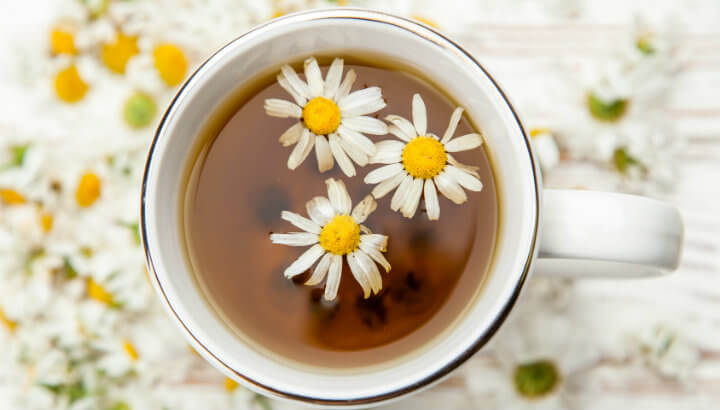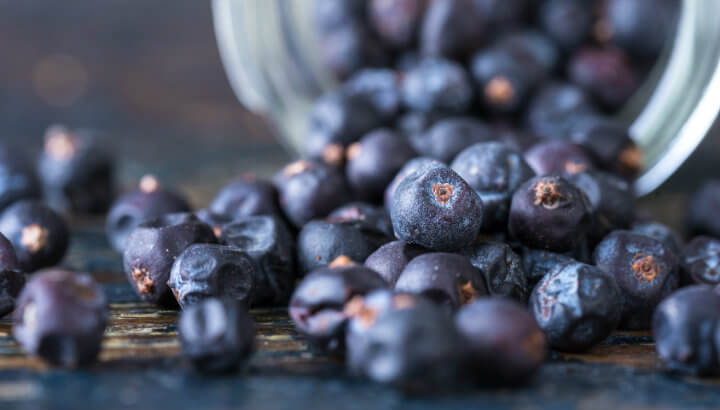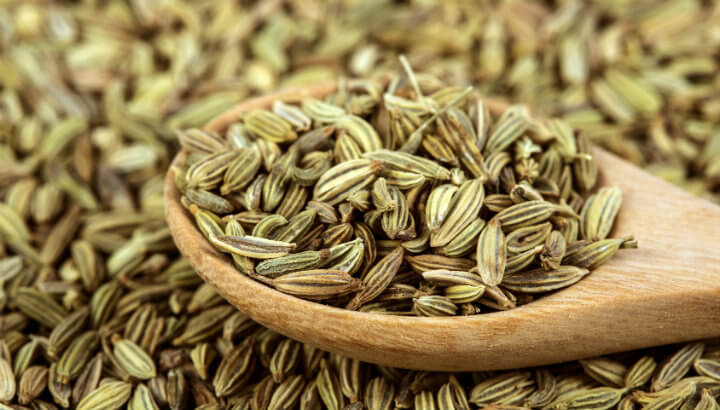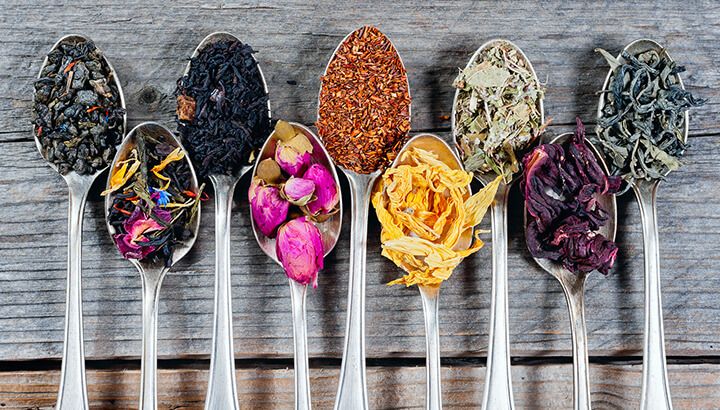The human body is designed to operate in harmony, with each part — and each hormone — playing its role and contributing to overall wellness. But when your hormones are out of balance, it can mean anything from minor annoyances to chronic inflammation and disease.
In fact, researchers are beginning to discover that there’s a significant link between hormone imbalance and inflammation. Inflammatory diseases like arthritis, for example, flare up after shifts in progesterone and estrogen levels when a woman enters menopause.
Likewise, when the body is inflamed, it increases the amount of stress hormones, like cortisol, that the body produces. Insulin resistance also accompanies this imbalance, leading to an imbalance in the immune system as the body produces more of the fat-storage hormone.
Over time, this inflammation and imbalance can lead to diseases like dementia, depression, heart disease, diabetes and cancer. However, fighting these diseases is sometimes as simple as what’s going into your teacup. Try one or more of these teas out for natural hormone balance.
Chamomile
Chamomile tea is a favorite nighttime drink thanks to its ability to promote restfulness and reduce stress. For women who experience a menstrual cycle, chamomile can help ease cramps. The anti-spasmodic tea is so good at helping calm cramps that it’s included in some over-the-counter remedies. Chamomile can also help reduce anxiety and depression, thanks to a compound called apigenin, which helps reduce excitatory neurotransmitter and hormone impacts on the mind and body. It can also balance dopamine and serotonin, two neurotransmitters essential to emotional balance.

Chamomile tea can help reduce stress and inflammation.
Licorice root
In small quantities — meaning you wouldn’t want to drink several cups in a day — licorice root tea can help reduce inflammation, which can, in turn, balance your hormones. It’s also renowned for its benefits that include strengthening hair and protecting skin. The tea can ease mood swings, symptoms of PMS and fluctuations in hormone levels, according to research, but in excess, it can cause the opposite to occur and make things worse. So, the rule with licorice root is to remember that you can have too much of a good thing.
Raspberry leaf
No matter what stage of life you’re in, raspberry leaf tea is a must-have. Expectant mothers who drink raspberry leaf tea can expect shorter — and easier — labor. A 2001 study found that not only do mothers experience a shorter second stage birth, but fewer of their babies were born with the help of forceps. Raspberry leaf tea can also help balance hormones throughout the month, and during your menstrual cycle, it helps calm uterine muscles.
Dong quai root
A Chinese medicine remedy, dong quai has been used to treat painful periods traditionally for generations. In a recent study, researchers found that tea made from the dong quai root was significantly effective in treating symptoms of menopause — hot flashes, mood swings and more — without side effects.
Juniper berry
Juniper berries contain three important antioxidants: superoxide dismutase (SOD), glutathione peroxidase and catalase. SOD detoxifies the body in such a way that it can fight atherosclerosis, stroke and arthritis, three conditions for which we’re at higher risk of developing as we age and hormone levels decrease. Glutathione peroxidase is a key antioxidant for preventing inflammation that can lead to cancer and heart disease, while catalase promotes longevity and possesses anti-aging benefits.

Juniper berries can help balance your hormones.
Ginger root
Another anti-inflammatory tea to consider is ginger root. Studies show that ginger can help ease headaches and painful cramps in menstruating women. In fact, it’s so good at reducing pain, that scientists have found it’s as effective as over-the-counter medications for bringing relief during that time of the month. It can also help regulate blood sugar, which keeps your insulin levels balanced.
Turmeric
A favorite among Ayurvedic medicine, turmeric boasts a wealth of anti-inflammatory properties. In clinical studies, it has been shown to improve circulation and estrogen metabolism in the body. Other benefits of turmeric include fighting endometriosis, fibroids and cysts. That’s because curcumin — turmeric’s active ingredient — mimics estrogen in the body. Finally, turmeric can also lower testosterone levels and bring more balance to the body’s reproductive hormones.
Fennel seeds
Fennel seeds contain flavonoids that increase the amount of estrogen in the body, which makes them a great herb for balancing women’s hormones. It’s also an emmenagogue, meaning it regulates menstruation by balancing hormonal activity. Finally, fennel can also help regulate blood pressure, thereby reducing stress levels and cortisol levels.

Fennel seeds are known for balancing women’s hormones.
Five loose leaf tea mixes to try
Use some of the following tea mixes as inspiration for making your own loose-leaf tea. Experiment with ratios and, when in doubt, start with a smaller amount of a new ingredient and add more if the tea isn’t strong enough. Consider adding other ingredients to the tea mix as well to balance out the flavors.
1. Raspberry leaf with dong quai root and juniper berry tea
Try this tea during the luteal phase of your cycle — after ovulation — for more consistent hormone levels throughout the month.
2. Chamomile and fennel seed tea
Use this tea to help balance your hormones throughout the month. Add peppermint tea for a fresh flavor and this blend becomes a great remedy for soothing an upset stomach too.
3. Ginger root and turmeric tea
This tea will help fight inflammation throughout the body and keep hormones balanced. Add a little raw, local honey if the flavor is too strong.
4. Licorice root with raspberry leaf tea
Drink this refreshing tea to help promote consistent hormone levels. If you’re pregnant, talk with your healthcare provider about licorice root tea as it might cause health problems in certain quantities.
5. Chamomile and ginger root tea
Try this tea in the evenings to settle down before bed. The ginger will ease any aches and pains — or hormonal headaches — you might have, while the chamomile will bring a sense of calm to your entire body.
Other ingredients to try in your tea
If you want to give your tea an even bigger boost, try adding adaptogenic herbs to your tea.
- Ashwagandha: Well-known for its ability to benefit the thyroid and balance hormones, ashwagandha can also help counteract free radicals in the body. The herb can be bitter, though, so avoid using it in turmeric tea if you don’t like the flavor. However, the strong flavor of ginger complements ashwagandha quite well.
- Holy basil: Holy basil is also known as tulsi, and can help regulate the levels of stress hormone, or cortisol, in the body. It tastes like licorice, so use it instead of licorice root for a similar flavor.
- Medicinal mushrooms: Reishi mushroom tea, and coffee, is becoming popular for its health benefits that include anti-inflammatory and anti-viral properties that can also help regulate hormones and stress levels.

Don’t forget to add lemon to your tea!
Don’t forget to add lemon
Warm lemon water is a go-to morning ritual for health-conscious people, thanks to its ample benefits including increased energy, improved skin quality and increased immunity. Lemons can also help detoxify the liver, which in turn improves insulin resistance and regulates hormones. To reap the benefits of this miracle fruit, simply squeeze a quarter of a fresh lemon’s juice into your tea.
Do you have a favorite tea for balancing your hormones? Tell us about it in the comments!

